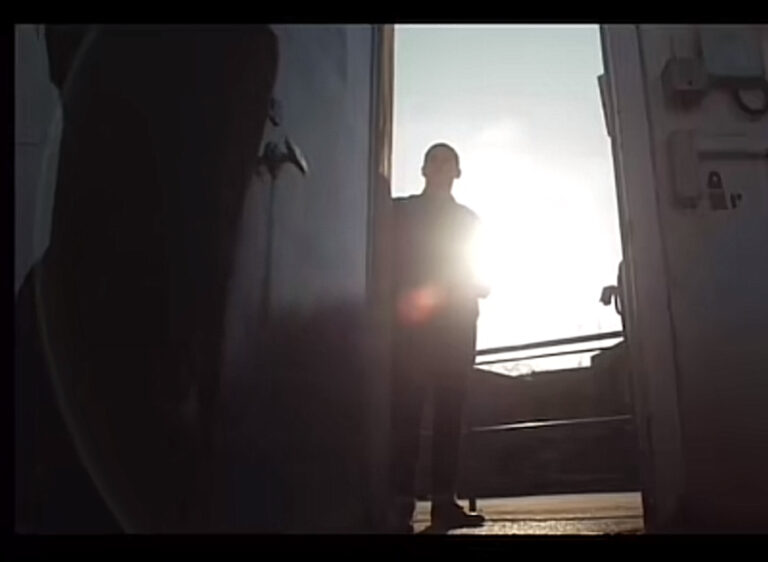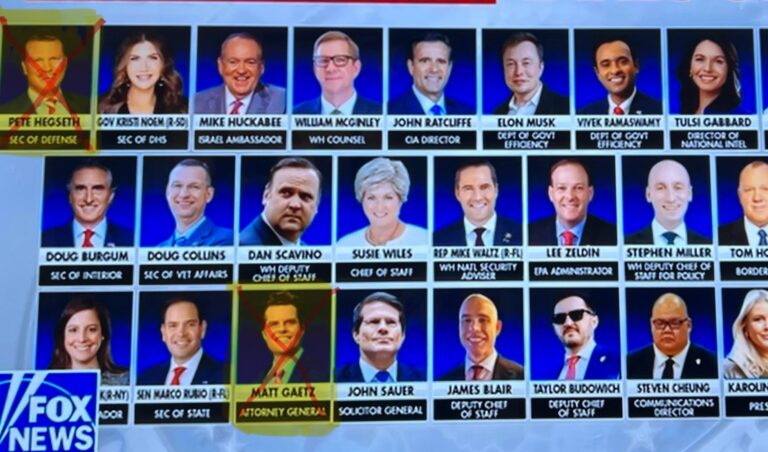
Economic Reforms: Promoting Economic Liberty and Sustainability
The Irish Freedom Party (IFP), established in 2018, has been a vocal advocate for Irish sovereignty, national identity, and a reassertion of Ireland’s independence from external influences, particularly the European Union (EU). While the IFP remains relatively small compared to Ireland’s main political parties, its platform resonates with certain segments of the Irish population who feel that mainstream politics has become disconnected from national concerns. Below, we explore key aspects of the IFP’s agenda, examining their positions on EU membership, immigration, cultural preservation, economic policy, and national sovereignty, as well as providing insights from mainstream sources.
National Sovereignty and EU Membership
A cornerstone of the Irish Freedom Party’s agenda is its opposition to Ireland’s EU membership. The IFP argues that the EU limits Ireland’s sovereignty, impacting the nation’s ability to make independent decisions on economic, legal, and social issues. Party leaders claim that the EU exercises too much control over Ireland’s domestic affairs, resulting in laws and regulations that do not align with Ireland’s national interests. The IFP’s position on EU membership is influenced by the Brexit referendum, where the UK voted to leave the EU, which they view as a pathway for reasserting national control.
The IFP advocates for a referendum on Ireland’s EU membership, echoing similar sentiments seen in other European populist movements. By calling for “Irexit,” or an Irish exit from the EU, the IFP contends that Ireland can achieve greater self-governance and free itself from what they perceive as restrictive EU policies (source). They argue that the EU’s centralized power undermines Ireland’s autonomy and is not conducive to the nation’s unique economic and cultural needs.
Immigration Control and Cultural Identity
Another significant area of focus for the Irish Freedom Party is immigration. The IFP expresses concern over the impact of liberal immigration policies on Irish society, arguing that high levels of immigration could dilute Ireland’s cultural heritage and place strains on public services. The IFP’s stance on immigration is similar to other nationalist parties worldwide, which argue that immigration must be controlled to preserve national identity and prioritize resources for citizens.
The IFP has called for stricter immigration policies, emphasizing the need to protect Irish culture and identity. They argue that current immigration policies, particularly those aligned with the EU, have resulted in increased pressure on housing, healthcare, and educational systems (source). The party contends that by setting its own immigration policies, Ireland can better manage the influx of people and protect its cultural identity. The IFP frequently cites the importance of maintaining the Irish language, traditions, and community cohesion as reasons for its stance on immigration.
Economic Nationalism and Independence
The Irish Freedom Party promotes economic nationalism, advocating for policies that prioritize the welfare of Irish workers and businesses over international or multinational interests. They argue that EU regulations often hinder Ireland’s ability to set its own economic agenda, making it challenging to tailor policies to local needs. The IFP’s stance on economic independence is rooted in a belief that Ireland should be self-sufficient and not overly reliant on global markets or foreign investment, particularly when it comes to essential sectors like agriculture and energy.
Economic nationalism also manifests in the IFP’s stance on trade. The party argues that Ireland should renegotiate trade agreements to better serve its own interests rather than conforming to EU-wide trade policies. They advocate for support of Irish industries, particularly agriculture, which they believe has suffered due to EU trade and agricultural policies (source). By protecting Irish businesses and farmers, the IFP argues that Ireland can create a more resilient economy that benefits its citizens.
Opposition to Globalism and Advocacy for Cultural Preservation
The Irish Freedom Party’s platform is deeply rooted in opposition to globalism, a stance that aligns with many nationalist movements worldwide. The party believes that globalist ideologies, including those promoted by the EU, prioritize international cohesion at the expense of national values and interests. For the IFP, the EU’s influence in Ireland extends beyond economics and immigration to issues of cultural policy, where the party argues that Ireland is at risk of losing its unique cultural identity under pressure to conform to a broader European identity.
The IFP has publicly criticized policies they see as advancing globalist agendas, particularly in areas such as environmental policy and social issues. While they recognize the importance of issues like climate change, they argue that solutions must be developed within a national context that considers Ireland’s specific needs and challenges (source). This emphasis on cultural preservation is central to the IFP’s platform, as the party argues that Ireland should focus on strengthening its own values, traditions, and way of life rather than adopting policies they see as primarily benefiting the EU or other international institutions.
National Security and Defense
The IFP advocates for a re-evaluation of Ireland’s defense policies, emphasizing the need for a stronger and more independent national defense. Ireland has historically maintained a policy of neutrality, but the IFP argues that modern security threats necessitate a more robust approach to national defense. They believe that Ireland’s defense forces should be adequately funded and equipped to protect the country from both conventional and emerging threats, such as cyberattacks.
While the IFP supports Ireland’s policy of military neutrality, they argue that neutrality should not equate to vulnerability. The party has called for increased investment in Ireland’s defense infrastructure, including enhanced cyber defense capabilities. They view a well-funded military as essential for safeguarding Ireland’s sovereignty, especially in a world where security challenges are constantly evolving (source).
Public Spending and Welfare Reform
The Irish Freedom Party advocates for fiscal conservatism, calling for responsible public spending and a reduction in what they see as wasteful government expenditure. The IFP argues that Ireland’s welfare system should prioritize citizens in need while promoting personal responsibility and reducing dependency on government assistance. They believe that welfare should be a temporary solution rather than a long-term dependency, and they have criticized what they perceive as excessive spending on welfare programs that do not encourage self-sufficiency.
In addition to welfare reform, the IFP emphasizes the need for a more efficient government that focuses on core services such as healthcare, education, and infrastructure. They argue that by reducing government bureaucracy and focusing on essential services, Ireland can create a leaner, more effective public sector that better serves its citizens. This focus on efficiency and accountability is central to the IFP’s vision of a government that empowers citizens rather than expanding its own influence (source).
Environmental Policy with a National Perspective
While the Irish Freedom Party recognizes the importance of environmental issues, particularly climate change, they argue that environmental policy should be driven by Ireland’s national interests rather than conforming to EU mandates. The IFP has criticized some EU environmental policies, arguing that they place undue burdens on Irish farmers and businesses. They advocate for a balanced approach to environmental sustainability, one that takes into account Ireland’s unique agricultural needs and economic structure.
The party believes that environmental policies should be designed to benefit Ireland directly, rather than fulfilling external obligations or global agreements. For example, the IFP has questioned the feasibility of the EU’s emissions targets for Ireland, suggesting that these goals may be unrealistic given Ireland’s agricultural sector and reliance on rural industries. They argue for a more pragmatic approach that balances environmental responsibility with economic viability (source).
Education and Cultural Values
The Irish Freedom Party advocates for an educational system that reflects Ireland’s cultural heritage and values. They argue that the education system should prioritize Irish history, language, and traditions, ensuring that young people are rooted in the country’s unique cultural identity. This position aligns with the IFP’s broader platform of cultural preservation, as the party believes that instilling a sense of national pride and identity in young people is essential for Ireland’s future.
In addition to curriculum content, the IFP has raised concerns about what they view as the influence of liberal ideologies in the educational system. They argue that schools should focus on academic subjects and Irish heritage rather than adopting what they see as progressive social agendas. The IFP’s stance on education is rooted in a belief that the school system should be free from political or ideological influence, instead fostering critical thinking and a strong sense of Irish identity (source).
Social Conservatism and Traditional Family Values
The IFP promotes a socially conservative agenda, advocating for policies that support traditional family structures and uphold conservative values. The party is opposed to certain progressive social policies, such as liberal abortion laws and certain aspects of LGBTQ+ rights legislation, which they believe do not align with Ireland’s traditional values. The IFP’s stance on social issues is closely tied to its emphasis on preserving Irish cultural and religious heritage.
The party argues that policies supporting traditional family values are essential for the well-being of Irish society, as they believe strong family structures contribute to social stability and community cohesion. While the IFP respects individual freedoms, they contend that recent shifts in social policy have strayed too far from Ireland’s cultural roots.






